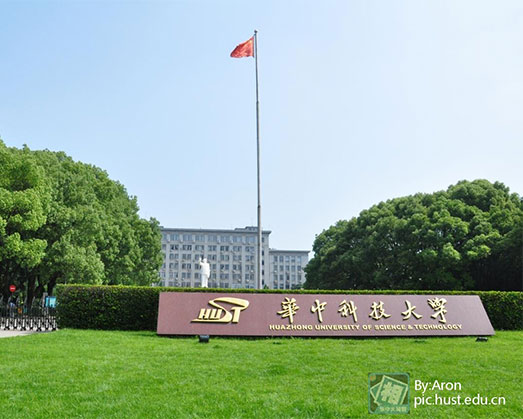Confucius Institutes Have Helped Stir Global Interest in China
More than 1,000 years after his death the philosophies of Confucius still guide the lives of many Chinese.
As the country looks to expand cultural understanding beyond its own borders, it is no surprise it is using one of nation's most revered historic figures as the figurehead of their outreach.
Celebrating its 10th anniversary this year, the Confucius Institute has seen substantial success in sparking interest in Chinese language and culture around the world.
In just under a decade, they've managed to go from a single pilot location in Uzbekistan, launched in 2004, to more than 440 institutions in 120 countries at the end of last year, establishing programs and education centers across the Americas, Asia, Europe and Africa, and Oceania.
Comparable to Germany's Goethe Institut or the UK's British Council, the Confucius Institute has so far been hailed as one of China's most successful soft power efforts.
Acting as educational ambassadors for China, the expansion of the institutes has been key in enticing students from all corners of the globe to study the world's oldest language.
With the Office of Chinese language Education International, known by its shorter name, Hanban, providing the initial starting funds to establish institutes at universities, they're often viewed as a selling point for the schools.
A single Confucius institute costs between $50,000 and $100,000 to establish, according to reports from Hanban.
"Confucius institutes have really helped bring attention to the universities that host them," says Peggy Blumenthal, senior adviser to the president of the Institute for International Education, a New York-based non-profit organization focusing on international student exchanges.
As of 2011, China had spent more than 500 million yuan on establishing Confucius Institute programs.
In six years, the program is expected to double the current number of institutes, with a goal of reaching 1,000 institutes worldwide by 2020.
In Africa, Confucius institutes are a key player in helping create collaboration between the continent and China as Sino-African ties gain increasing traction.
By prompting interest in China, they've also acted as a conduit for Chinese universities looking to increase their number of foreign students.
After enrolling in Chinese-language classes in Brazil, Igor Fernandez received a scholarship from the Confucius Institute to travel to China to receive certification in the HSK.
While in China, he began applying to Chinese universities before being accepted at Tsinghua University.
"I probably wouldn't have had the chance to come to China if I didn't get the scholarship," the 24-year-old says.
More than just offering language courses, the institutes act as an intermediaries, helping facilitate exchanges between teachers, students and academics, helping arrange and fund exchanges that bring in international expertise to China from around the world.
"(Confucius Institutes) have been a big help in getting students from China to help teach Chinese language and building academic partnerships between campuses in the US and China," says Fernandez.
Prior to her trip to China, the US First Lady Michelle Obama had visited the Confucius Classroom at Yu Ying Public Charter School in Washington, where she spoke with a class of 30 sixth-graders who had visited China as part of an educational exchange program in 2013.
While they've been successful in generating interest in China, whether or not Confucius institutes can help reinforce positive global attitudes toward the emerging power have yet to be seen.
Still, the wise words of Confucius himself seem to sum up the efforts best. "Education breeds confidence. Confidence breeds hope. Hope breeds peace."
News&Opinion
 more
more- OFFICIAL LAUNCH OF BFSU ACADEMY OF REGIONAL AND ...
- G20: Hangzhou wins world's attention
- How To Buy Happiness - The Investment Of Travel
- Goodbye, Rio; hello, China
- 2016 Yunnan-Thailand Education cooperation and e...
- Nice to meet you---你好中文!
- China sending largest-ever team to Rio
- Going to a top university ’no guarantee of getti...
Policy&Laws
How to Get one Job in China---Beijing policy
A foreigner, right, shows his job application form at a human resour...
Guilin to offer 72-hour visa-free stays
GUILIN - The city of Guilin in South China's Guangxi Zhuang autonomo...
further strengthening the visa regulation of int...
After the promulgation of new Immigration Control Act in China, Entr...





 print
print  email
email  Favorite
Favorite  Transtlate
Transtlate 








